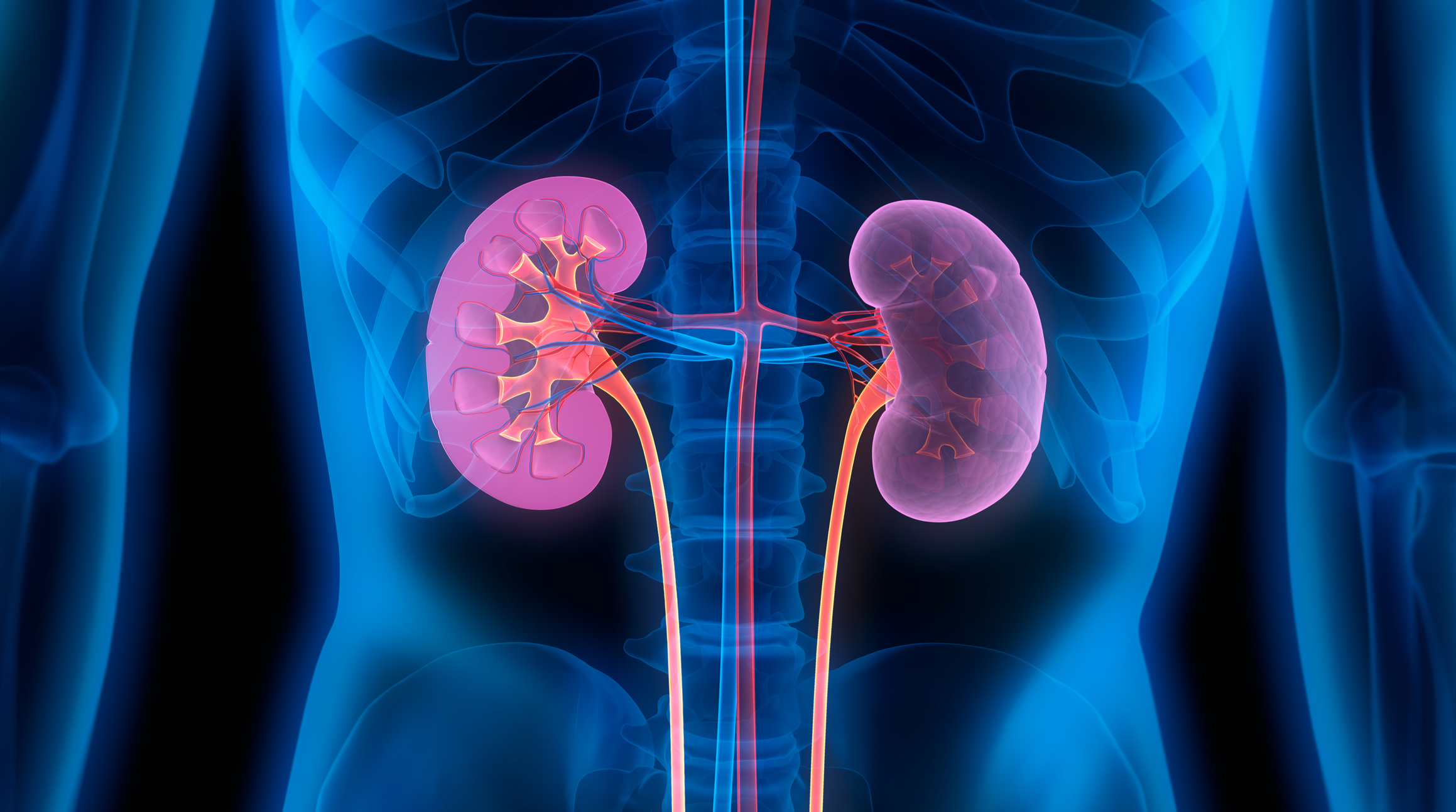Understanding Kidney Diseases
Kidney diseases encompass a variety of conditions that impair kidney function, leading to a range of health complications. As vital organs responsible for filtering waste and excess fluids from the blood, healthy kidneys are essential for overall well-being. This article explores the types, causes, symptoms, and preventive measures associated with kidney diseases.
Types of Kidney Diseases

There are several types of kidney diseases, including chronic kidney disease (CKD), acute kidney injury (AKI), and glomerulonephritis. CKD is a progressive loss of kidney function over time, often due to diabetes or high blood pressure. AKI occurs suddenly, typically due to injury, medication side effects, or severe dehydration. Glomerulonephritis involves inflammation of the kidney's filtering units and can be caused by infections or autoimmune diseases.
Recognizing Symptoms
Symptoms of kidney disease may vary depending on the stage and type of the condition. Common signs include swelling in the legs and ankles, fatigue, difficulty concentrating, changes in urination patterns, and high blood pressure. In advanced stages, kidney disease can lead to serious complications, such as kidney failure, which requires dialysis or transplantation.
Prevention and Management
Preventing kidney disease involves maintaining a healthy lifestyle through proper diet, regular exercise, and routine medical check-ups. Managing underlying conditions, such as diabetes and hypertension, is crucial for reducing the risk of kidney disease. If diagnosed, treatment options may include medications, dietary changes, and in some cases, dialysis or kidney transplantation, depending on the severity of the disease.
